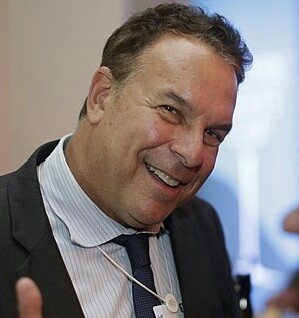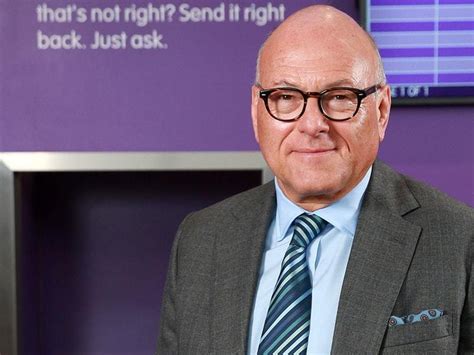A Quote by Ian Anderson
I'm all in favor of banks that play their part in community endeavors, private individuals looking for loans, people who want to start up a little business, and that's what banks are for.
Related Quotes
Under Bill Clinton's HUD Secretary Andrew Cuomo, Community Reinvestment Act regulators gave banks higher ratings for home loans made in 'credit-deprived' areas. Banks were effectively rewarded for throwing out sound underwriting standards and writing loans to those who were at high risk of defaulting.
Banks don't want certain asset classes, and that's created opportunities for private equity, hedge funds, Silicon Valley. In this case I think he was referring to some of the European banks shedding assets, and the big buyers are probably not going to be big American banks. Someone like Blackstone may have a very good chance to buy those assets, leverage them, borrow up a little bit, and do something good there.
In my view, this is not extremism on the left. This is what the American people support in poll after poll. Support the right to a job. Support living wages. Support real climate action. Support small community-based banks that make loans available to every day people and small businesses, not these too-big-to-fail banks that rip us off, that crash the economy at taxpayer expense. Support a public-option healthcare system, not Obamacare, which has been a boondoggle for insurance and pharmaceutical companies.
I think there's a disconnect between political leaders and young voters around a lot of things related to the private sector. For example, a lot of politicians continue to attack big banks. While I'm not a defender of big banks, my sense is younger voters have had generally pretty good experiences with banks.
Both in the US and throughout the world, there needs to be a growing presence of public development banks. These banks would make loans based on social welfare criteria - including advancing a full-employment, climate-stabilization agenda - as opposed to scouring the globe for the largest profit opportunities regardless of social costs.... Public development banks have always played a central role in supporting the successful economic development paths in the East Asian economies.




































